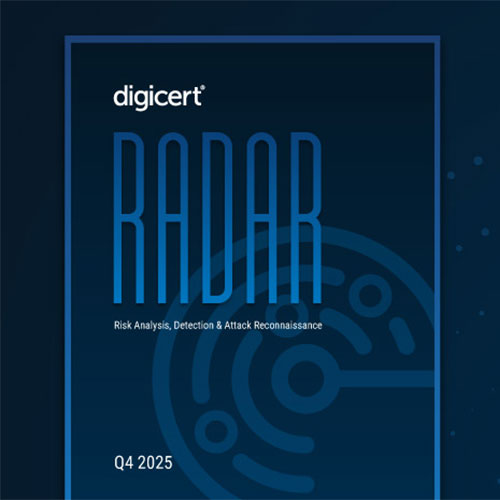
AI is now empowering teams to make smarter decisions and execute with precision, amplifying human potential to drive higher win rates and accelerate growth, rather than replacing people, according to industry leaders
Responsive, in collaboration with the Association of Proposal Management Professionals (APMP), has released its 2025 State of Strategic Response Management Report, offering deep insights into how leading B2B companies are embracing artificial intelligence (AI) as a key driver of strategic growth and competitive differentiation.
The report, based on responses from 726 global revenue professionals, reveals that top-performing organizations—referred to as “Leaders”—are significantly outpacing their lower-performing counterparts by integrating AI across critical business functions. These companies, defined by a revenue growth rate exceeding 25% year-over-year, are six times more likely to have fully deployed AI agents across sales, marketing, and response management workflows.
In contrast, “Novices”—companies with flat or negative growth—remain heavily reliant on manual processes and fragmented systems. This growing performance gap highlights AI’s role not just in productivity, but as a strategic enabler of faster decision-making, better collaboration, and increased agility.
"AI is no longer just about automation. It’s about empowering teams to make smarter decisions and execute with greater precision,” said Ganesh Shankar, CEO of Responsive. “Leading companies are not replacing people with AI—they’re amplifying human potential to drive higher win rates and accelerated growth.”
AI adoption boosts workforce growth
Among the key findings, more than half of AI-adopting companies reported increasing team headcount year-over-year, countering widespread fears about job losses. Only 27% of companies not using AI reported similar workforce expansion. Additionally, 77% of Leaders said they are investing in technology, while 69% are also growing their teams—demonstrating a balanced approach to innovation and talent development.
AI’s impact is especially visible in strategic response functions such as responding to RFPs, security questionnaires, and due diligence documents. Over 54% of companies surveyed have either piloted or fully deployed AI within these workflows, with adoption rising to 72% among large enterprises and 64% among technology firms.
AI drives strategic decision-making and collaboration
Leading firms are also using AI for more complex tasks, including workflow orchestration, win/loss analysis, and go/no-go decision-making. Compared to Novices, Leaders are twice as likely to use AI for these functions, suggesting a shift from task-level automation to intelligence-led decision-making.
Toby Carrington, Chief Business Officer at Seismic, emphasized this shift: “Embedding AI into our processes has enabled us to be more strategic, improve cross-functional collaboration, and focus on high-value work. The companies that act swiftly and use AI to enhance both people and processes will hold a significant edge.”
Meeting evolving buyer expectations with AI
The report also points to evolving buyer expectations. Over 75% of respondents noted that today’s B2B buyers demand more personalized, accurate, and timely responses—raising the bar for sellers and reinforcing the need for AI-enhanced response capabilities.
“This study reflects critical industry shifts,” said Julia Duke, COO at APMP. “It helps bid and proposal professionals understand what it takes to stay competitive in today’s fast-paced environment.”
As AI continues to reshape revenue operations, the report concludes that its strategic adoption will determine which companies grow—and which fall behind.
See What’s Next in Tech With the Fast Forward Newsletter
Tweets From @varindiamag
Nothing to see here - yet
When they Tweet, their Tweets will show up here.





























